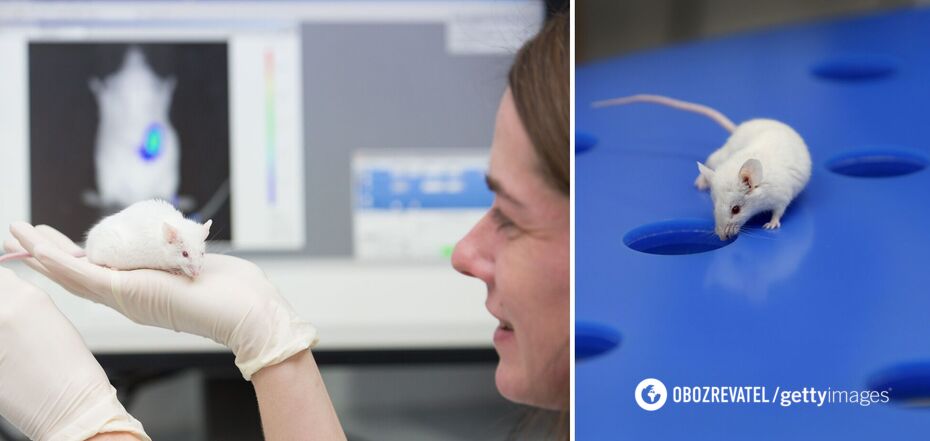Life
Lack of oxygen prolonged the life of mice by 50%: what is known about the study
Oxygen can be extremely important for the existence of all life on Earth, but it is likely that oxygen deficiency (hypoxia) can prolong life. Experiments with mice have already proved the effectiveness of such a method, but it is still not very clear.
This is according to a study published in the scientific journal PLoS Biology. Researchers from Harvard University's Muth Lab and Massachusetts General Hospital (MGH) found that hypoxia can increase mammalian lifespan.
According to the head of the study, MGH physician Robert Rogers, scientists have long known that yeast, worms and fruit flies age at a slower rate under conditions of oxygen deficiency, but a new study has shown that the same applies to mammals.
The mice were subjected to oxygen deficit conditions similar to those existing at an altitude of 5 km at Everest base camp. As a result of the experiment, they found that the lack of oxygen prolonged the life of the mice by 50%.
In the experiment, they studied mice with missing Ercc1 protein. Such a defect causes mice to age very quickly and usually don't even live to 6 months.
For one mouse, the scientists created an environment where oxygen levels reached only 11%, and for the others they created a normal environment with oxygen at 21%.
The experiment showed that mice that were deficient in oxygen were able to live for 23.6 weeks. At the same time, mice that lived in a normal environment lived an average of only 15.7 weeks.
For now, Rogers is not ready to say whether hypoxia can similarly affect aging in humans. He believes it is too early to make such predictions, since scientists are unclear about the molecular mechanism by which hypoxia extends mouse lifespan.
As writes Interesting Engineering, earlier experiments by scientists have also shown that a lack of oxygen can increase average lifespan, as well as affect the development of age-related diseases in humans.
In particular, in the 1960s and 1970s, Indian Army soldiers served at an altitude of nearly 5 km for 3 years, and it was found that the incidence of age-related diseases such as diabetes, hypertension and heart disease among them was much lower than among soldiers who served at sea level.
The researchers note that while it may be thought that there is a possible link between hypoxia and increased longevity, there is no evidence to prove it.
The study authors note that oxygen limitation can similarly act through multiple mechanisms affecting many cellular processes and systemic physiology, so it is important to first understand these mechanisms and only then link hypoxia and rejuvenation.
OBOZREVATEL previously told the story of a man who, after a head injury, began to see the world backwards. His condition prompted scientists to realize that the brain is a much more complex structure than they thought.
Subscribe to OBOZREVATEL channels on Telegram and Viber to keep up with the latest developments.



























